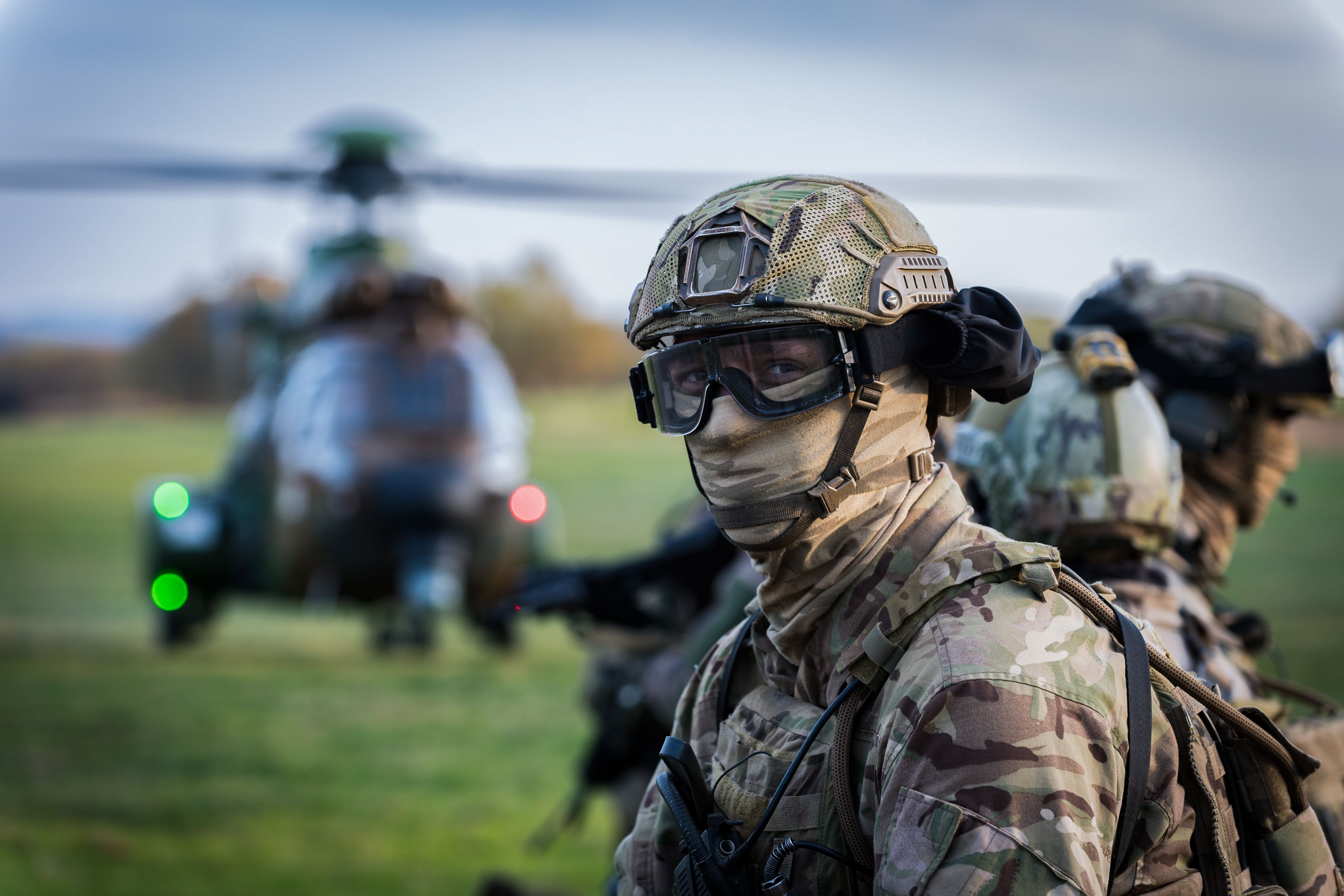Case Study: Autonomous nanodrone captures aerial intelligence in a snap
In any military or security operation, awareness of your surroundings is critical. With multiple routes and obstacles to consider, plus a range of weather conditions and communication limitations, gaining situational awareness whilst staying safe and hidden from your adversary can be a battle in itself.
UK aerospace company Flare Bright is pushing the boundaries of embedded AI technology to develop autonomous drones which will help frontline troops gain much needed situational awareness in even the most difficult conditions. With the help of DASA funding, they have developed SnapShot – a ruggedized nanodrone, designed to be the simplest way to obtain aerial images at the touch of a button and send them straight to a smart phone or tablet.
SnapShot is a fully autonomous system which can easily be deployed without additional equipment and will glide back to its user whatever the weather, winds or conditions – even in GPS denied and electromagnetically jammed environments.
DASA funding has helped Flare Bright develop their technology from prototype to a market-ready demonstration product and the company are now keen to showcase SnapShot’s unique benefits to future users in the defence and security community. They also plan to work with stakeholders to further develop SnapShot’s capabilities. The product has already generated interest from the British Army and Royal Air Force who will be demonstrating the technology during training exercises in Summer 2021. Snapshot has also been selected for the annual US Army Expeditionary Warrior Experiment in Fort Benning, Georgia, giving US soldiers a month-long period to test and evaluate the nanodrone’s capabilities.
Over the last five years, Flare Bright has gone from strength to strength. Winning new investments and contracts has enabled them to quadruple their headcount and move to larger premises. In 2021 they were awarded an Octopus Award for Entrepreneurship, to celebrate their growth during the COVID-19 pandemic. They have also secured additional funding through Innovate UK’s Future Flight Challenge, a programme which aims to develop greener ways to fly by advancing electric and autonomous flight technologies.









